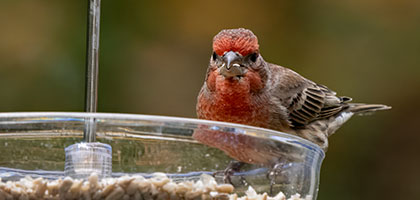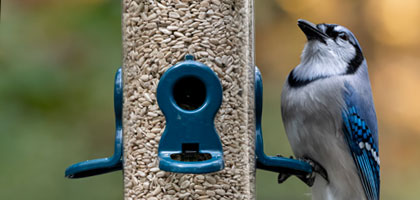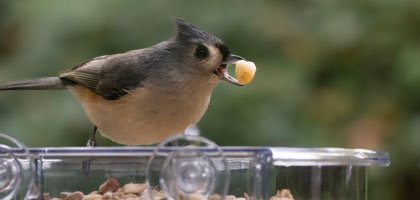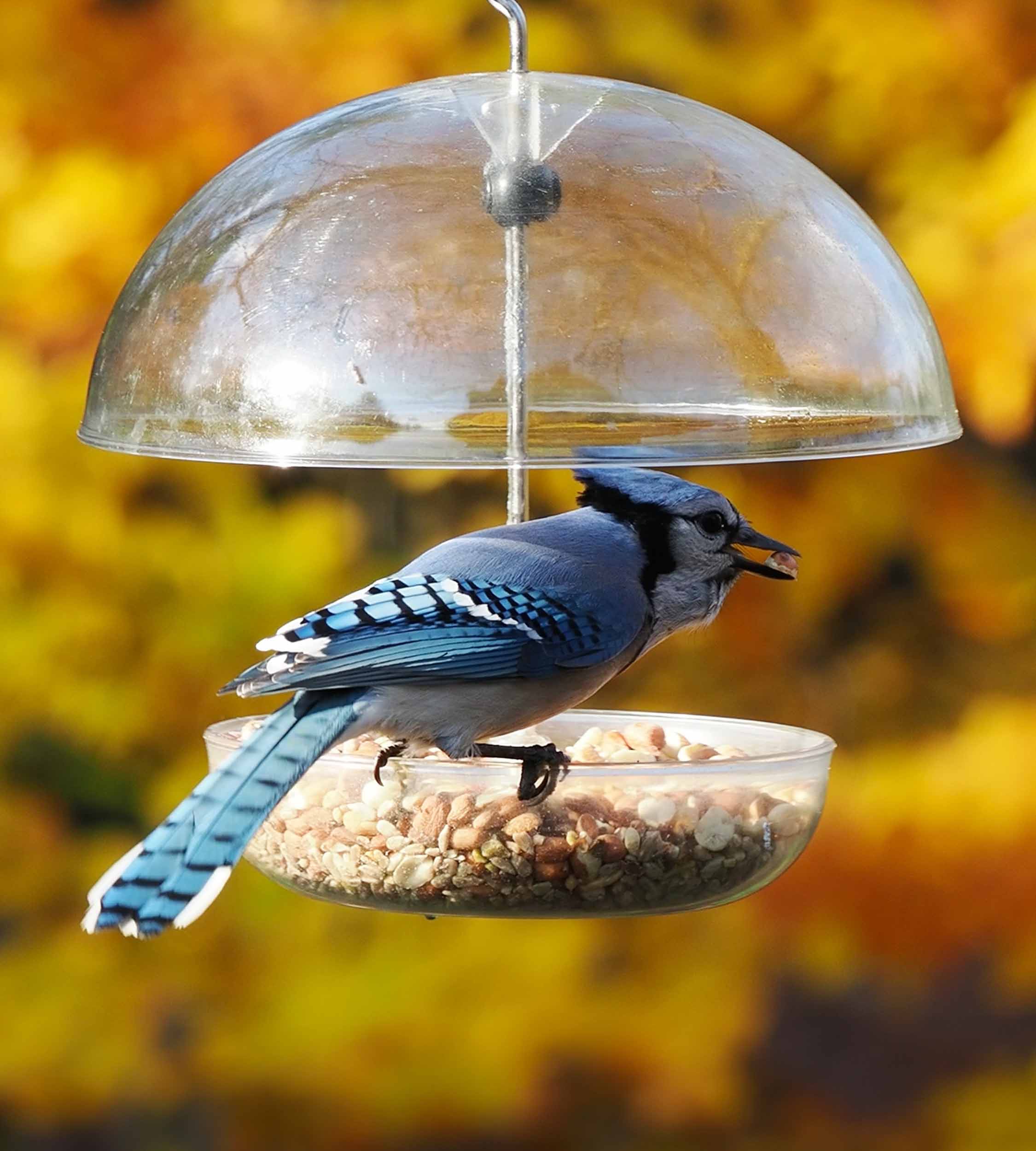When it comes to feeding chickens, many backyard poultry enthusiasts wonder about the best diet for their feathered friends. One question that often arises is, "Can chickens eat suet?" To help you make informed decisions about your chickens' diet, we've put together this comprehensive guide on suet, its benefits, and how it can be safely included in a chicken's diet.
What is Suet?
Suet is a type of fat, specifically the hard fat found around the kidneys and loins of cattle and sheep. It is commonly used in bird feeders due to its high energy content. Suet provides a concentrated source of calories, which can be particularly beneficial during cold weather when birds need extra energy to maintain their body temperature.
Suet for Birds
Bird enthusiasts often use suet to attract wild birds to their gardens. It is combined with seeds, grains, and other ingredients to create suet cakes or blocks that provide birds with essential nutrients and energy. These suet products are designed to support the birds' diet, especially during the winter months.
Can Chickens Eat Suet?
Now that you know what suet is, the big question remains: Can chickens eat suet? The short answer is yes, but with some considerations.
Chickens can eat suet, but it should be given in moderation. Suet is high in fat, and while chickens need some fat in their diet, too much can lead to obesity and other health issues. Therefore, it’s important to balance their diet with other nutritious foods.
Benefits of Suet for Chickens
Including suet in your chickens' diet can have several benefits:
- Energy Boost: Suet is a great energy source, which is especially beneficial during colder months when chickens need extra calories to stay warm.
- Feather Quality: The fats in suet can help improve the quality of your chickens' feathers, making them shinier and healthier.
- Lay Performance: Providing suet can help maintain or even boost egg production, as the extra energy supports the laying process.
- Variety in Diet: Offering suet occasionally adds variety to their diet, which can prevent boredom and encourage natural foraging behaviors.
How to Feed Suet to Chickens
When feeding suet to chickens, it's crucial to do so in moderation. Here are some tips on how to safely incorporate suet into their diet:
Types of Suet for Chickens
- Plain Suet: This is the best option for chickens. Avoid suet products with added sugar, salt, or artificial ingredients.
- Suet Mixed with Grains: Suet cakes or blocks that include grains can be a good option, as they provide a mix of fats and carbohydrates.
- Homemade Suet Cakes: You can make your own suet cakes at home, combining suet with grains, seeds, and even dried fruits. This allows you to control the ingredients and ensure your chickens are getting a healthy treat.
Feeding Guidelines
- Frequency: Offer suet to your chickens as an occasional treat rather than a staple of their diet. Once or twice a week is sufficient.
- Portion Size: Be mindful of portion sizes. A small piece of suet is enough for a flock of chickens.
- Monitor Health: Keep an eye on your chickens' weight and overall health. If you notice any signs of obesity or health issues, reduce or eliminate suet from their diet.
Potential Risks of Feeding Suet to Chickens
While suet can be a beneficial addition to a chicken's diet, it’s important to be aware of potential risks:
- Obesity: As mentioned, too much suet can lead to obesity, which can affect egg production and overall health.
- Digestive Issues: If chickens consume large amounts of suet, they may experience digestive issues, such as diarrhea.
- Attracting Pests: Suet can attract unwanted pests like rodents. Ensure that suet is stored properly and that feeders are cleaned regularly to minimize this risk.
Conclusion: Suet in a Chicken's Diet
In conclusion, suet can be a healthy and beneficial addition to your chickens' diet when offered in moderation. It provides a valuable source of energy, supports feather health, and adds variety to their diet. By following the feeding guidelines and being mindful of potential risks, you can safely incorporate suet into your chickens' diet and keep them happy and healthy.
Remember, a balanced diet is key to a thriving flock. Alongside suet, ensure your chickens have access to a variety of grains, fresh vegetables, and clean water to meet their nutritional needs. By doing so, you'll be supporting their overall well-being and ensuring they lead a healthy, productive life.




